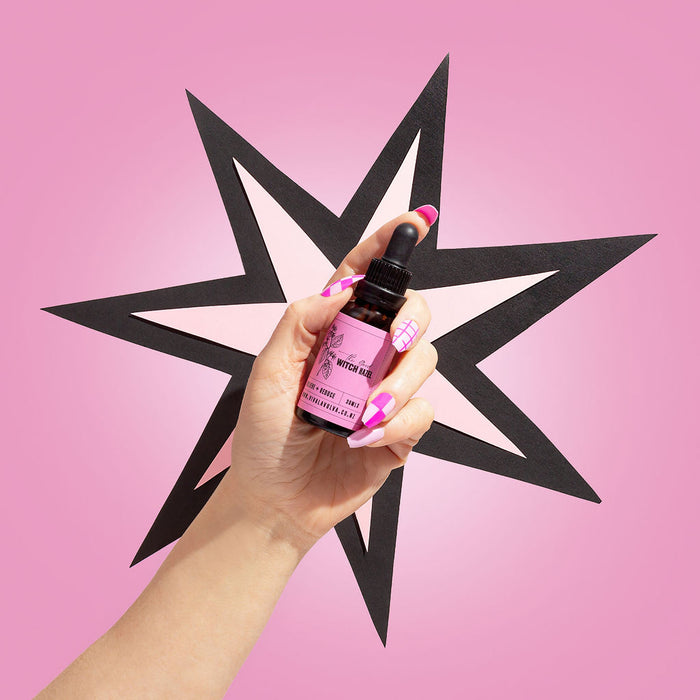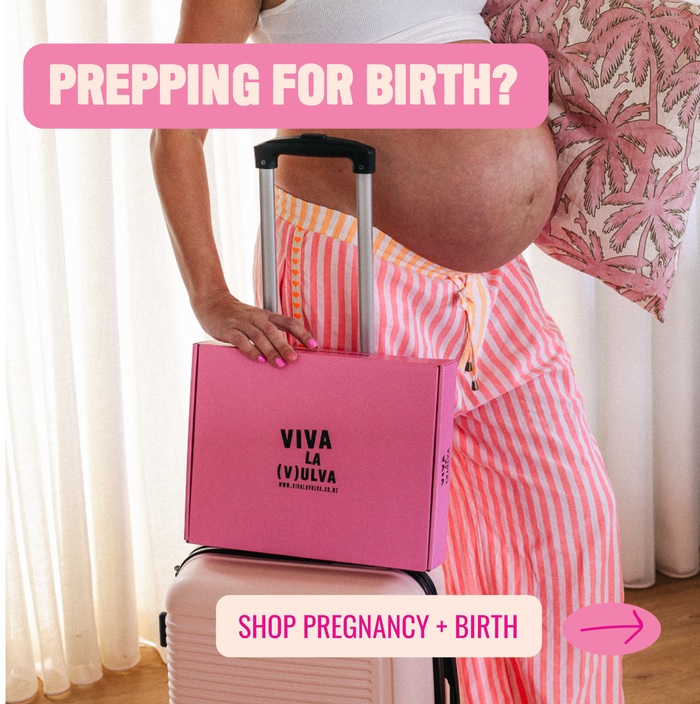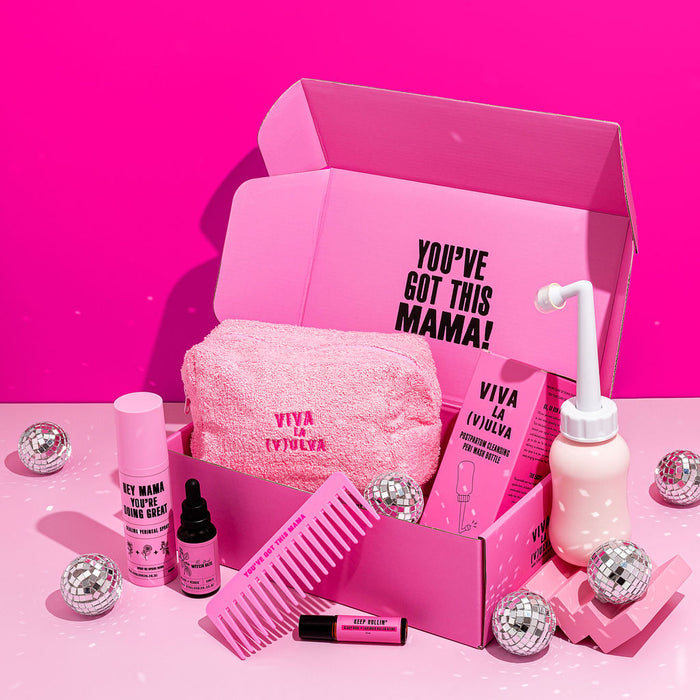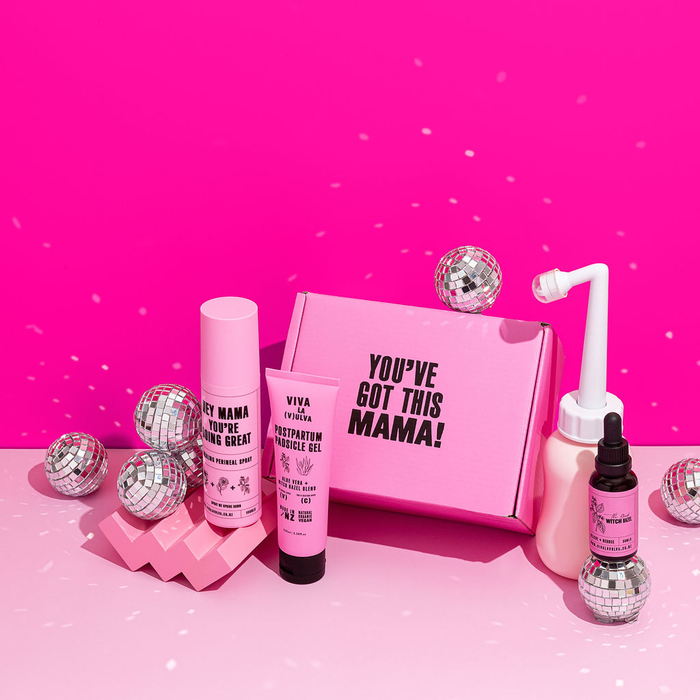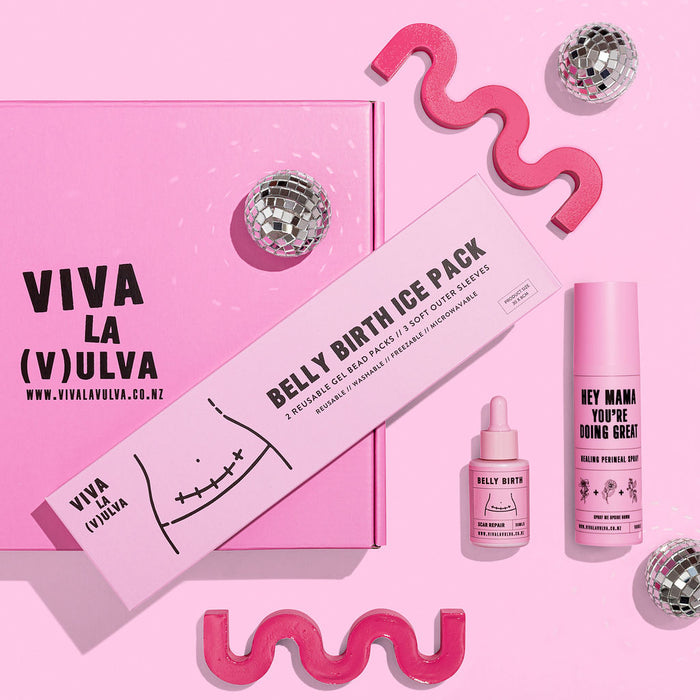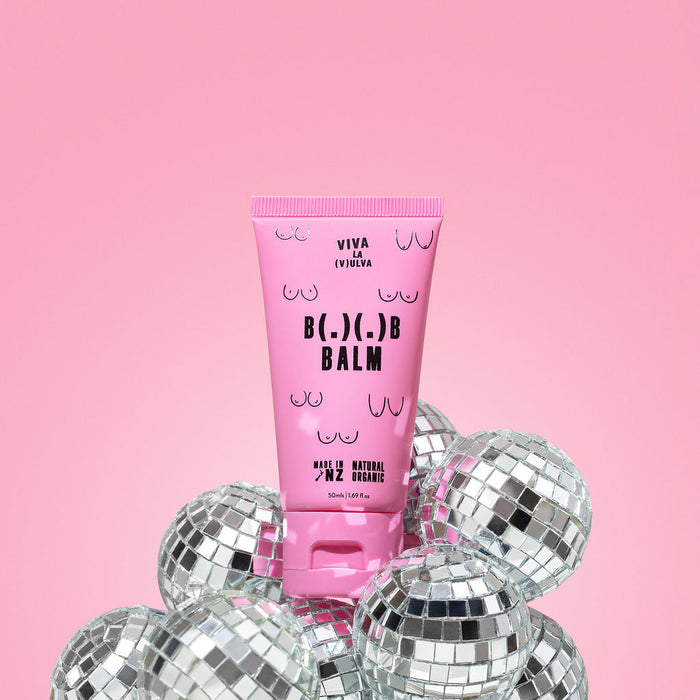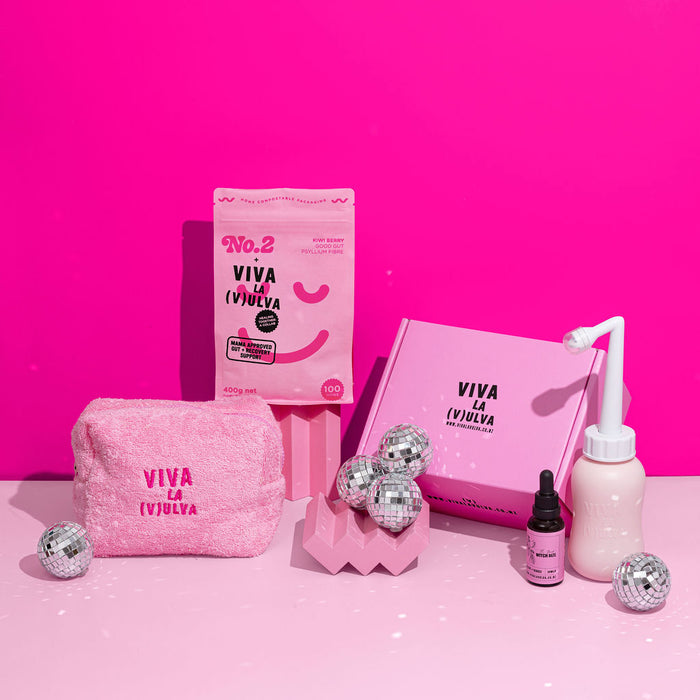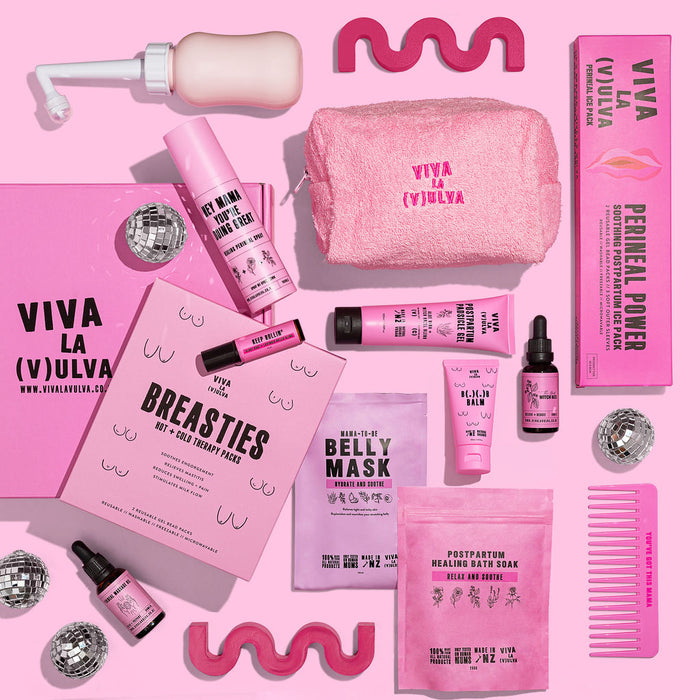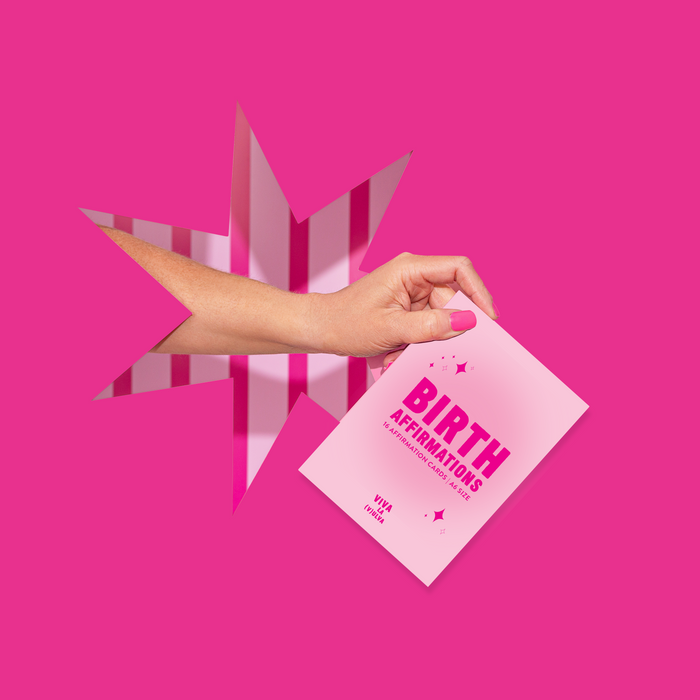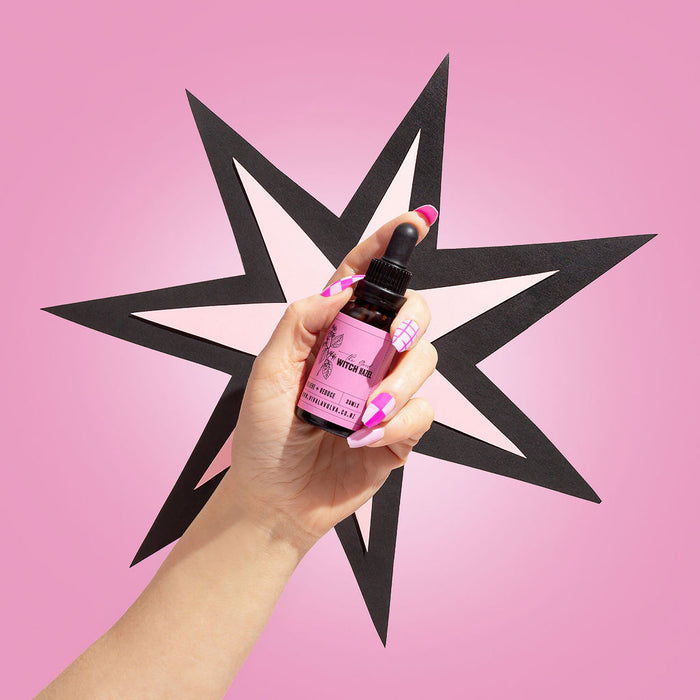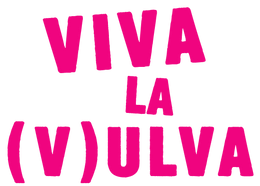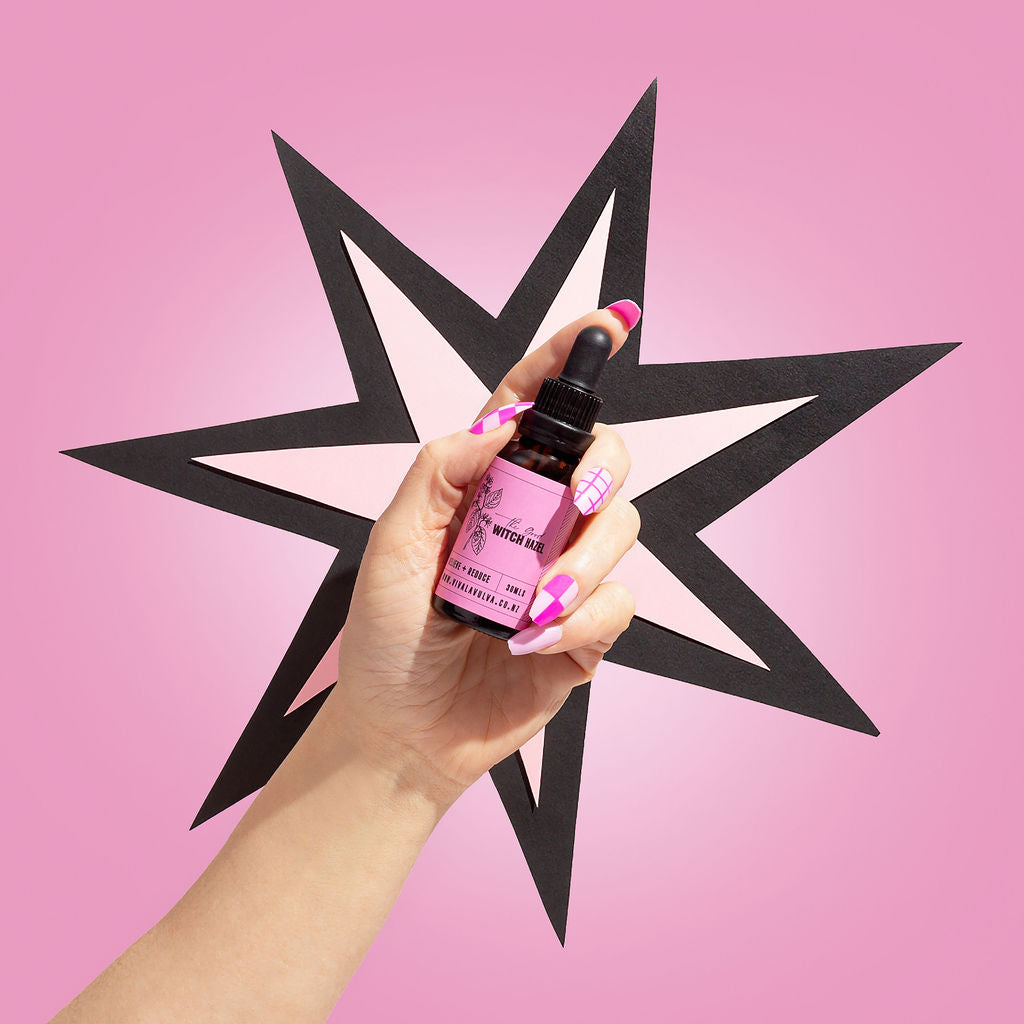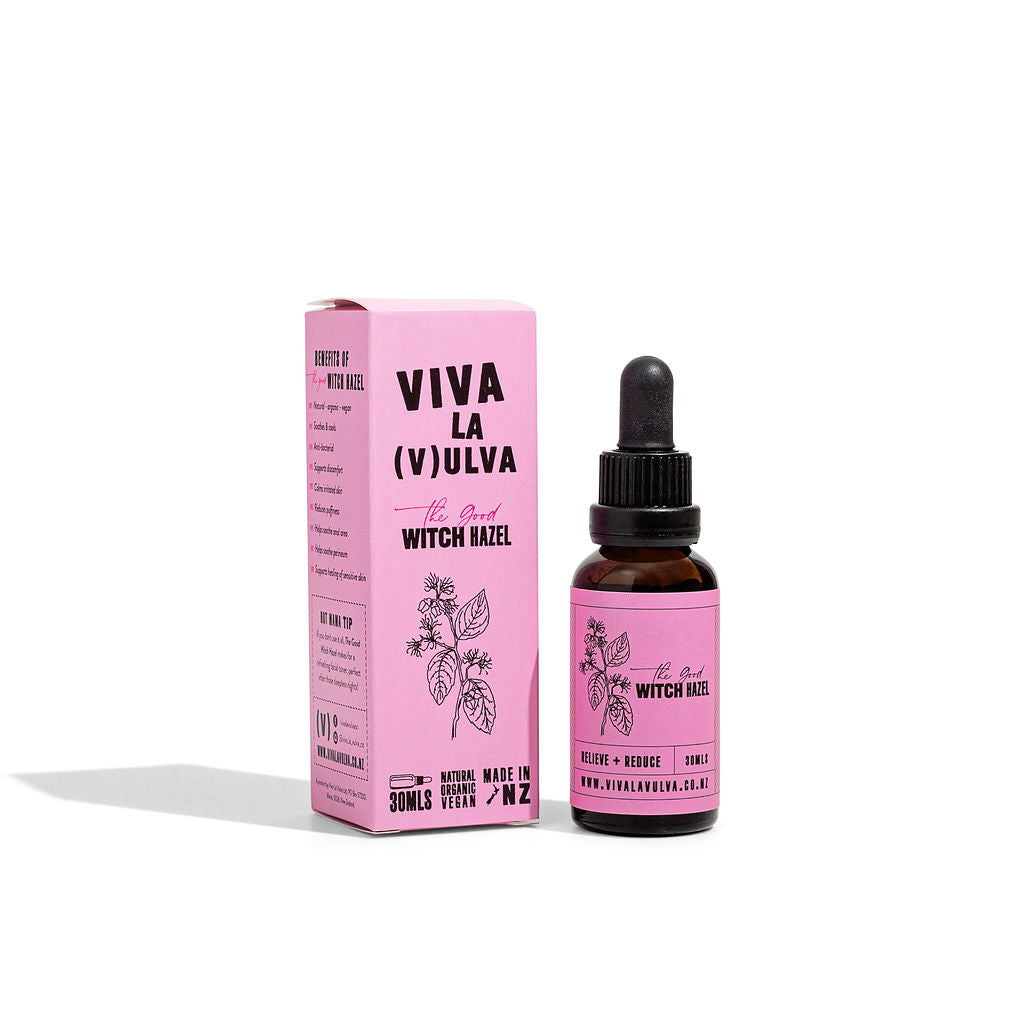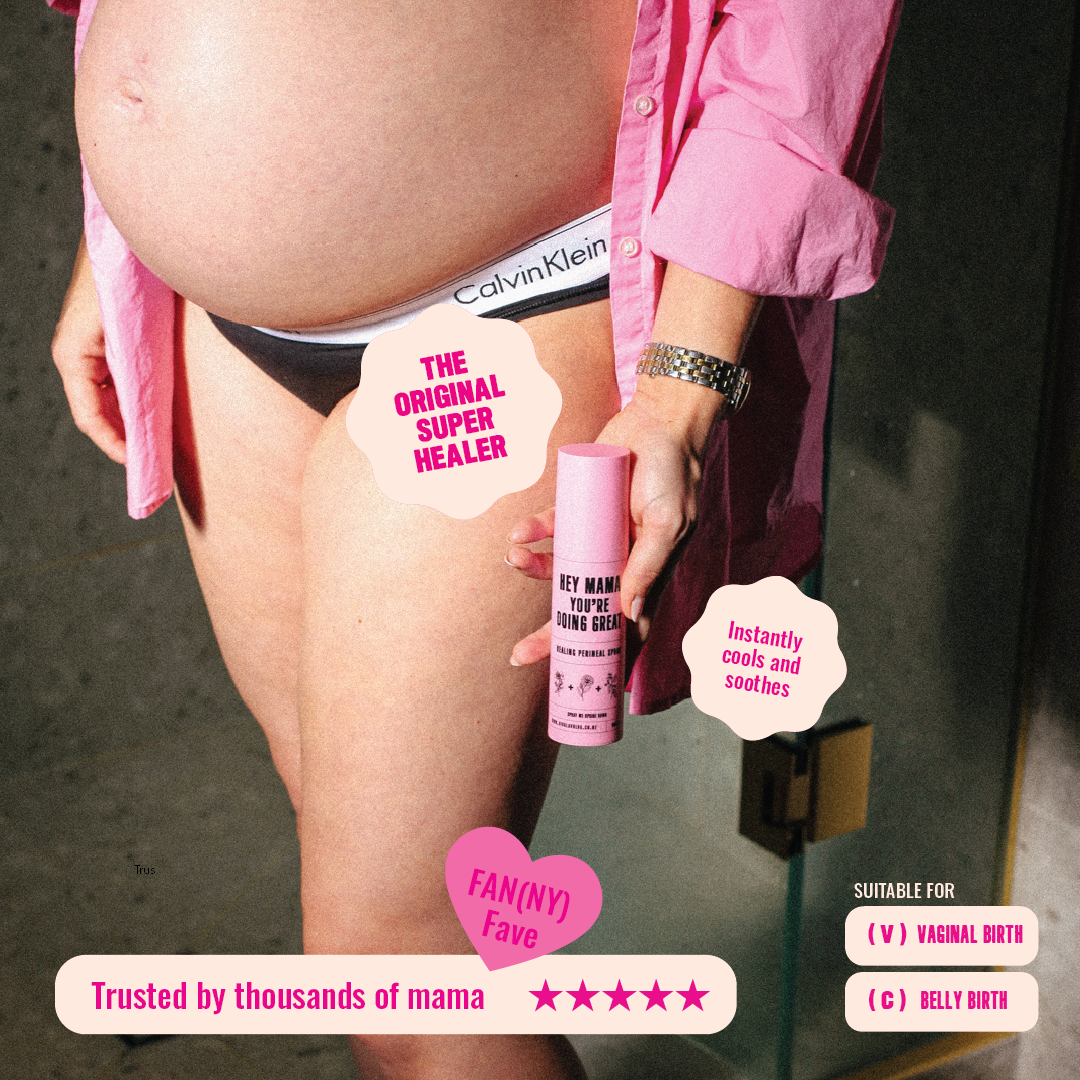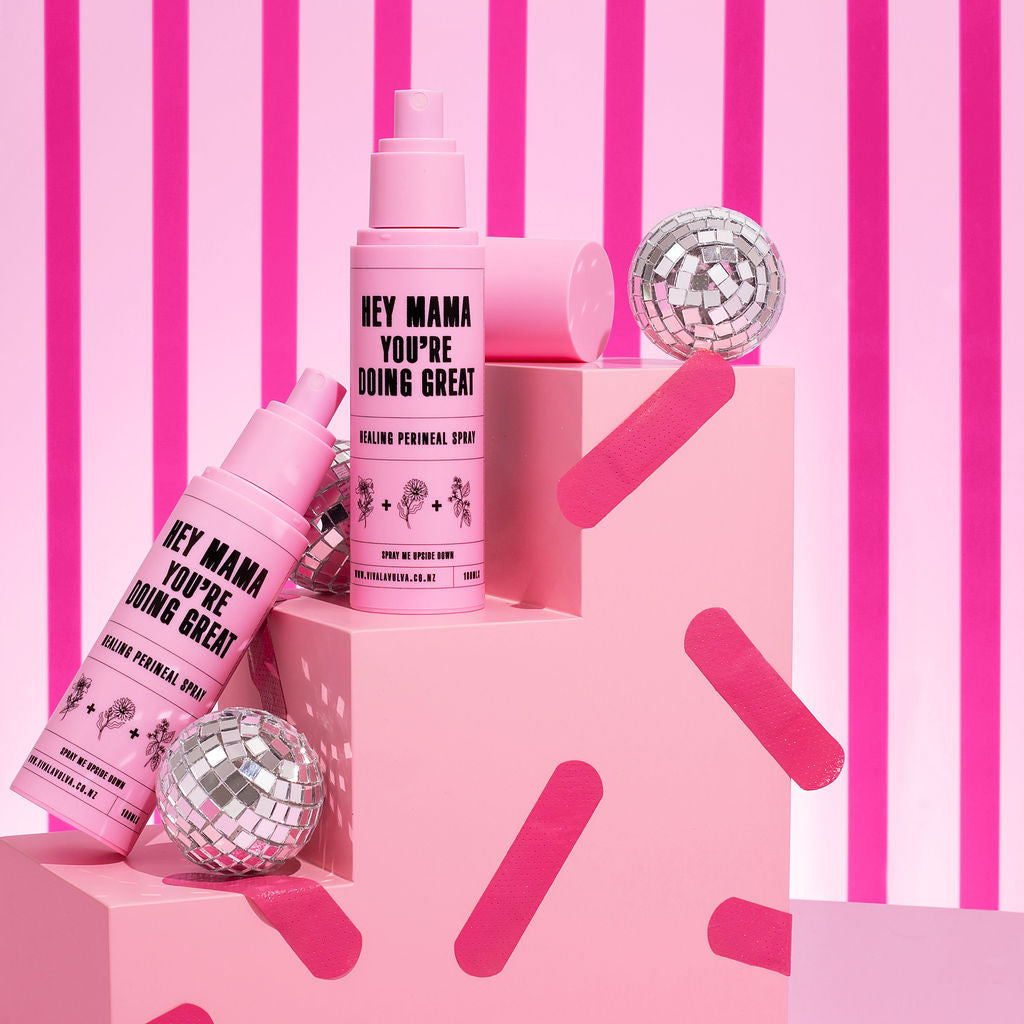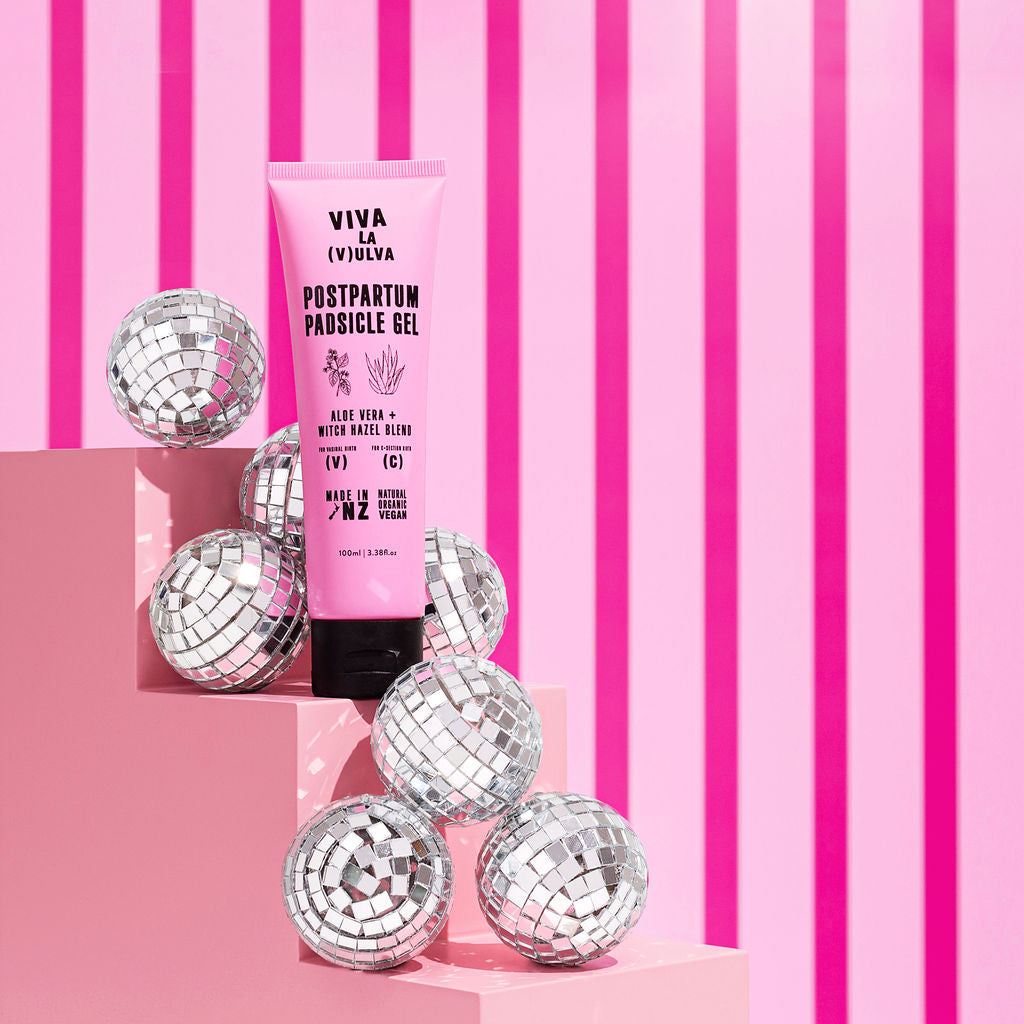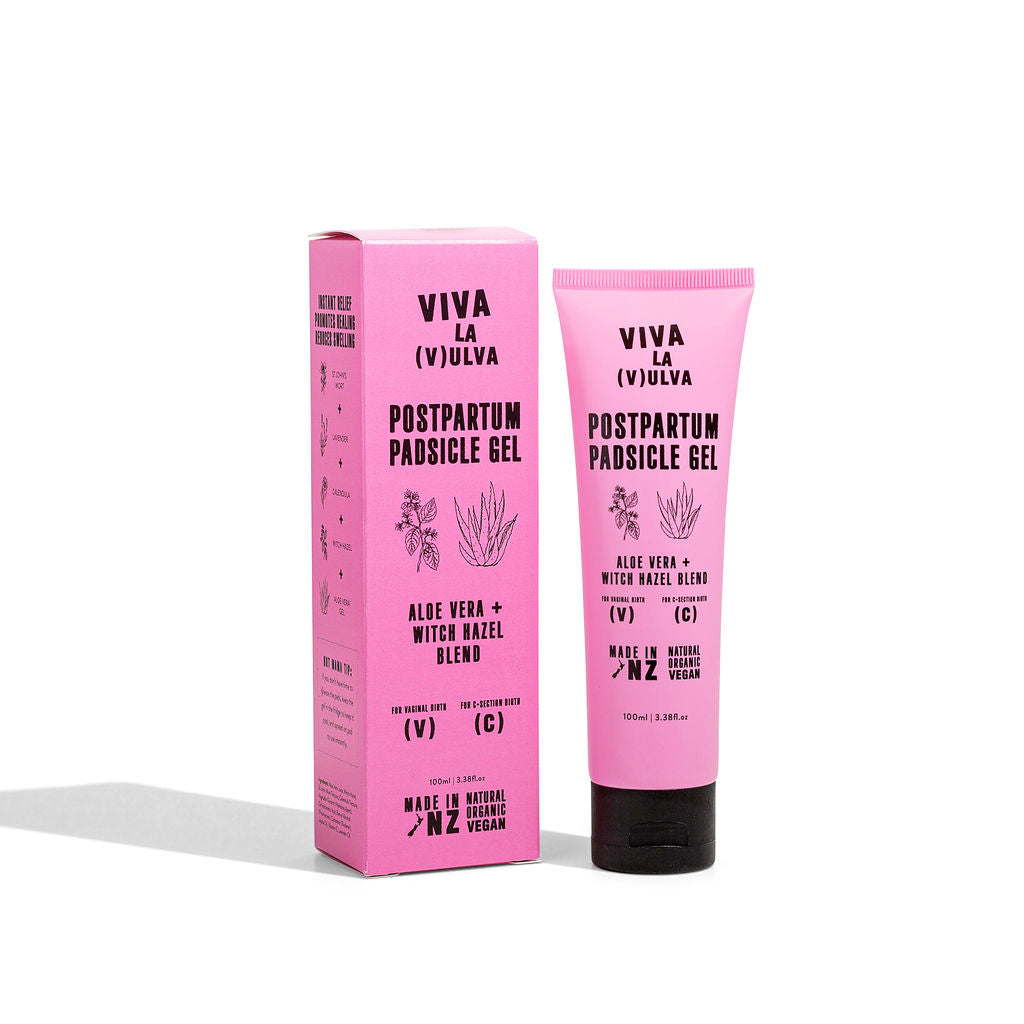
Prolapse. HELP! By @thevaginaphysio - Unity Studios
Vaginal prolapse. Pelvic organ prolapse. Cystocele. Rectocele. Uterine prolapse.
Sounds terrifying right? Images of a woman’s uterus hanging around her knees come to mind. And yes, it is often scary for a woman who feels it for the first time. But fear no more! Take a few deep breaths and stay calm. Prolapse is very common. It’s usually much less severe than the above mental image, and there are many things a woman can do to help herself.
WHAT IS PROLAPSE?
Prolapse is when the vaginal walls are stretched and the bladder, uterus or bowel protrudes into the vaginal cavity. There are different types of prolapse. The most common being:
-
Cystocele: when the bladder bulges into the front wall of the vagina
-
Uterine prolapse: when the uterus bulges down into the vagina
-
Rectocele: when the bowel bulges into the back wall of the vagina
HOW DO I KNOW IF I HAVE A PROLAPSE?
It depends on what type of prolapse you have, but these are common symptoms:
-
A lump, bulge or dragging sensation in the vagina, often when sneezing, standing for a long period or performing physical activity
-
Pain in the vagina or lower back
-
Urine leakage, urgency to wee and/or needing to wee more often
-
Constipation or feelings of incomplete emptying of the bowels
-
Some people have no symptoms at all
WHAT CAUSES PROLAPSE?
The biggest risk factor is pregnancy and childbirth. Your pelvic floor muscles and vaginal walls weaken during pregnancy from hormones and extra weight above, and from the stretch of the baby’s head during vaginal birth.
Other risk factors:
-
The use of forceps or suction to help get the baby out
-
A baby that is bigger than 4kg when born
-
Having a very long labour (having to push for more than 2 hours) or a very short labour
-
Smoking or having a chronic cough (stop smoking, and treat those allergies gurl!)
-
Being overweight
-
Constipation or straining on the toilet
-
Regularly perform high impact exercise (interestingly, a high percentage of elite athletes who've never had a baby have prolapse and/or incontinence)
-
Regularly lifting heavy things (ie toddlers, or as part of your job or exercise regime)
-
If your mother/grandmother/sister has prolapse
-
Large uterine fibroids or pelvic tumours
-
Your risk increases with each vaginal birth (interestingly, the risk doesn’t increase as much after your second baby. So if you can, don’t have your first or second baby, just skip straight to the third baby)
HOW LIKELY IS IT TO HAPPEN TO ME?
Approximately 50% of women who have delivered vaginally will have some kind of prolapse. Prolapse may rear its head during the childbearing and rearing years, particularly when returning to exercise (like high impact, lifting weights, yoga or heavy pilates) or it may not present itself until after menopause, due to hormonal changes. It’s important to realise that prolapse ranges from mild (where the woman has minimal symptoms and may not even realise she has it) to severe. Most mild to moderate prolapses can be treated conservatively (i.e. with physio).
WHAT CAN I DO TO TREAT PROLAPSE?
Your options vary depending on several factors. It is important to be assessed by a pelvic floor physio, GP or gynaecologist to find your best treatment options. These may include:
-
pelvic floor exercises
-
advice on how to avoid making the prolapse worse
-
small lifestyle changes ie losing weight, improving constipation, general exercise, fluid intake advice, lifting techniques
Your pelvic floor physio can teach you all of the above!
Some woman may need a pessary (a small plastic or silicon device, inserted into the vagina for support, like internal scaffolding, otherwise called a ‘bra for your vagina’) or surgery. Some pelvic floor physios can fit pessaries, or your gynae can discuss surgical options. In conjunction with these interventions, it is important to seek help from your pelvic floor physio, to help prevent the prolapse coming back.
Most importantly, it is essential seek help sooner rather than later, to stop the prolapse in its tracks, and avoid it getting worse.
As with all medical advice, I do not recommend consulting 'doctor Google' on this topic, as I’ve seen first hand the psychological effects of misguided information on a woman with a prolapse. First and foremost, seek information from your health professional. But if you’d like to read more, check out this candid and pragmatic blog by a woman who is approaching prolapse in the most helpful way:
http://styleberryblog.com/pelvic-prolapse-no-way
